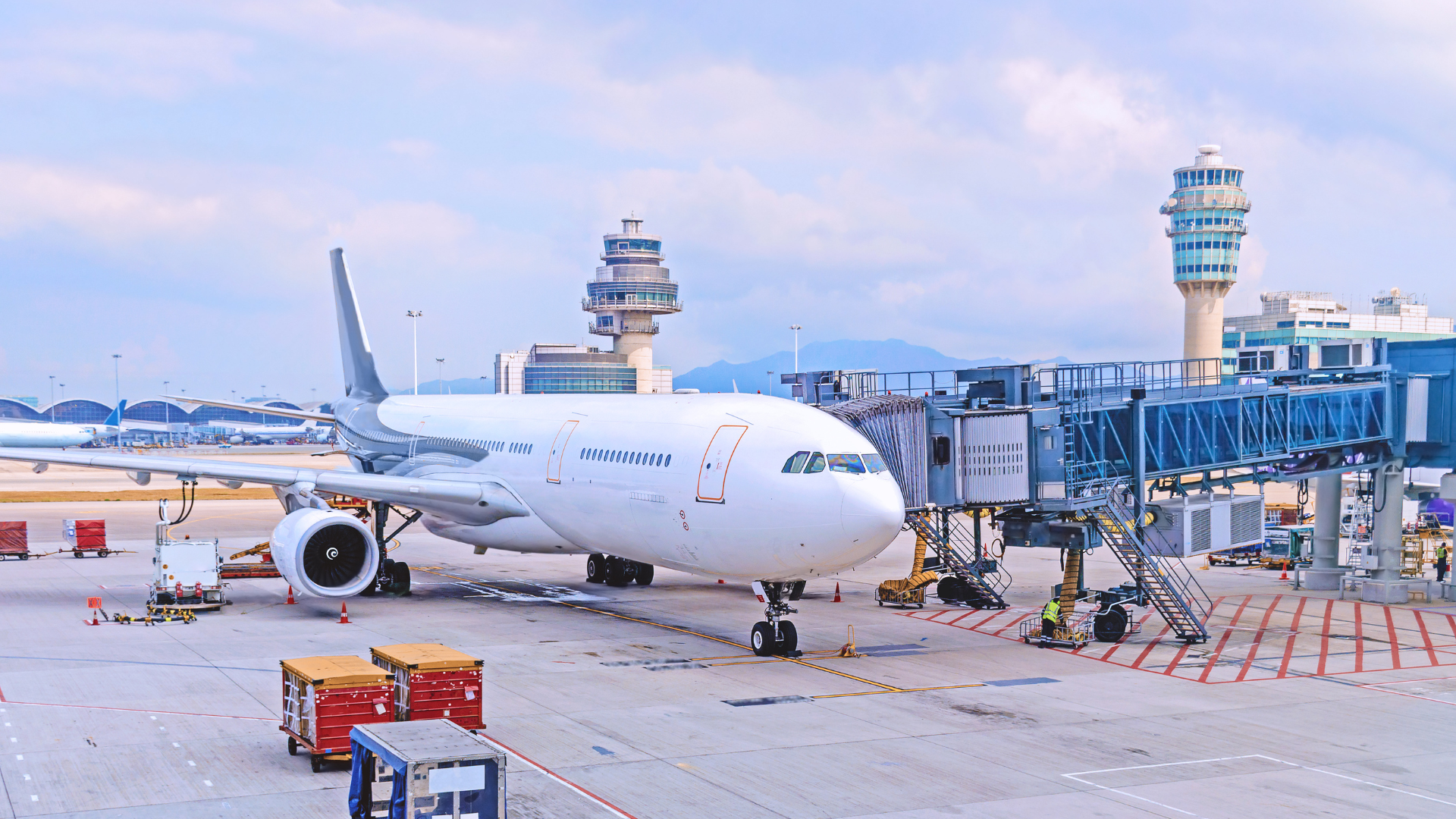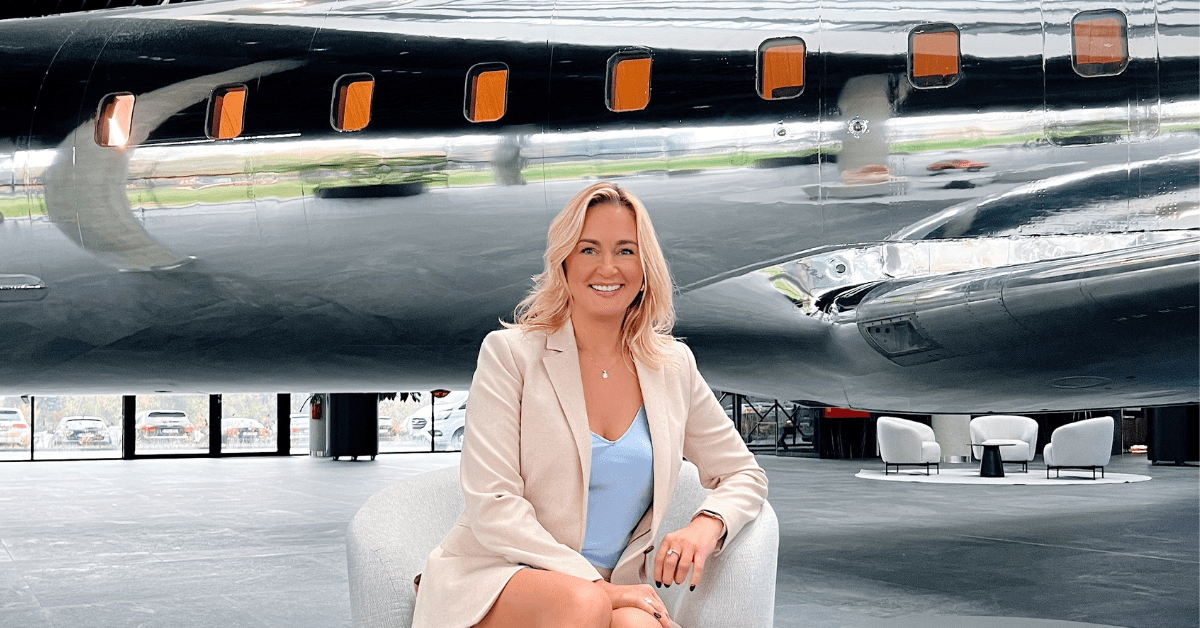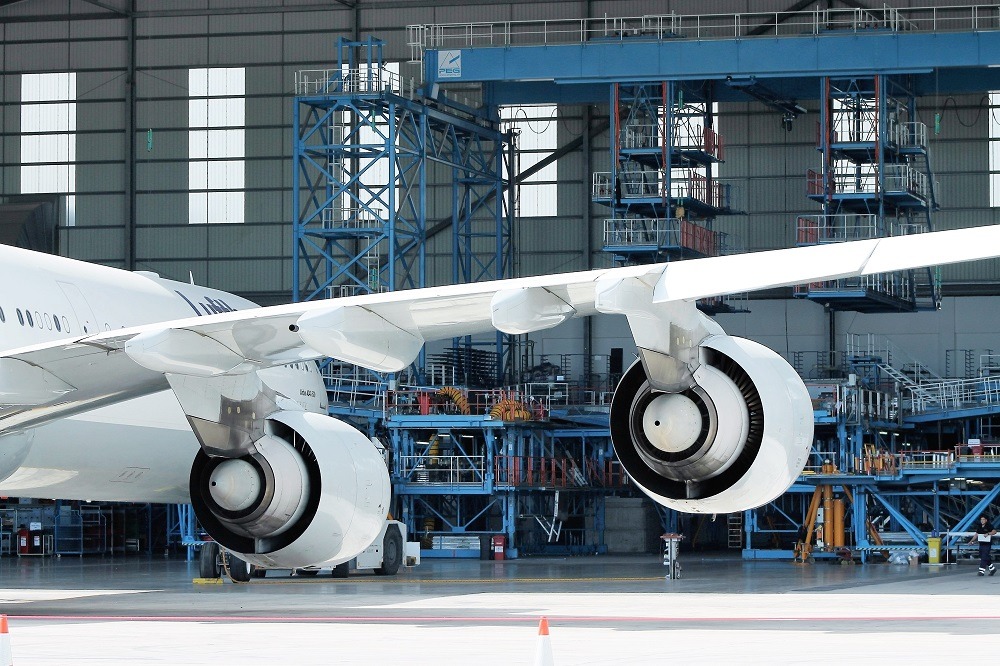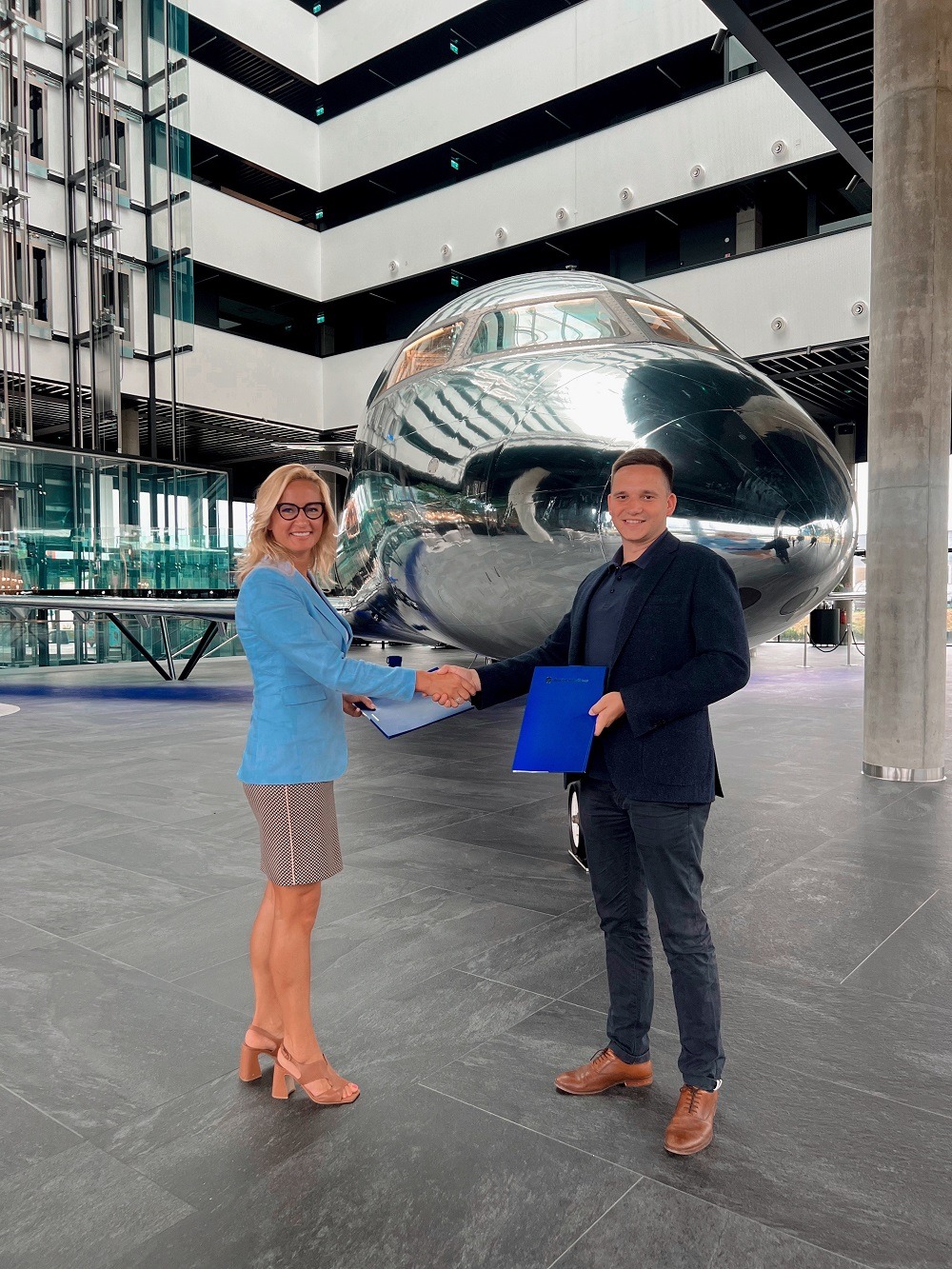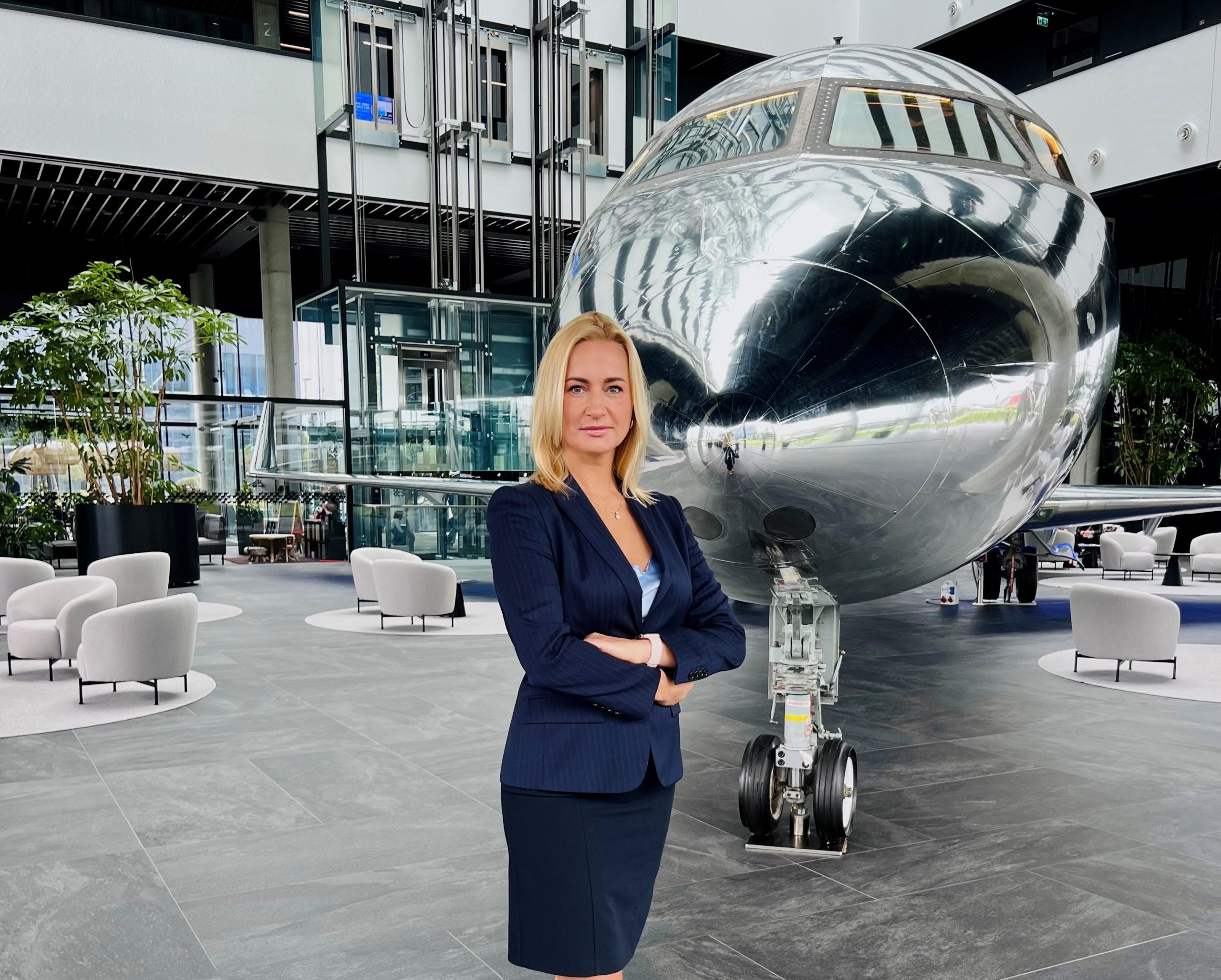
Sensus Aero CEO: Why is Resistance to Change in Aviation More Valuable Than Change Itself?
Technological innovations today impact all business sectors. The aviation industry is no exception; companies are turning to more advanced software. However, they usually face resistance to change.
Why is it worthwhile for businesses to invest in innovative solutions and be determined to step into a future that guarantees more efficient management of processes and resources? Renata Sumskaite, CEO of Sensus Aero, a company that develops software for aviation and is part of the globally operating aviation holding Avia Solutions Group, shares her insights on the subject
The Aviation Industry Lacks Challenges
Sumskaite points out that one of the main reasons why the aviation industry is not embracing changes quickly and investing in new technological solutions is the lack of challenges. According to her, compared to other business sectors, no one questions the work of aviation companies or creates more advanced, better-performing alternatives as a challenge. The exclusivity and privacy of the industry limit opportunities and development.
"Aviation is extremely comfortable; everything here happens very slowly. No one challenges us - no one is even able to challenge us. For example, banking, the payment sector has an infinite number of ideas. Startups emerge every day. And aviation is highly private. As a result, there are no challenges. Only those currently working in aviation, those who have worked before, or those who will work in the future can bring something new. Do these people do it? I think it's quite difficult for them. After all, nothing has changed in the last four decades," Sumskaite assures.
Start Point of Change is Analysis
According to the CEO of Sensus Aero, the change should begin with the analysis of existing processes, “Every company's leader occasionally looks at their business risks - which ones are the biggest, most likely to happen, and causing the most damage. Changes should start with what happens most frequently and costs the most. In the Avia Solutions Group, we all feel a duty to contribute to the improvement of the aviation industry through technology – we constantly invest in new, innovative technological solutions, striving to be at the forefront. After all, the beginning of any change starts with a leader's perspective on the business and the issues it faces", Sumskaite assures.
“The business must decide the level of the system it needs. If you decide to implement all the latest functions here and now, the project will take 3-5 years and cost way too much. Do we really want to invest that much? For example, in the ground handling sector, we don't issue invoices for services provided, we lose money, we don't hire the necessary number of employees because we don't plan their work based on existing flight information, and we can't react in real-time when it changes. There is no one-size-fits-all starting point for every business's journey into innovation. I do not recommend changing everything at once. Start at the point where the greatest financial and personnel losses happen.,” says Sumskaite.
The Role of External Specialists
R. Sumskaite emphasizes that implementing change within an organization is impossible without an external specialist responsible for planning and executing the entire process from A to Z: " The involvement of an external expert, in my opinion, is necessary for the effective adoption of innovation. If these duties are performed by an internal employee, there will always be some kind of manipulation because it leads to a conflict of interests."
She also notes that one of the essential responsibilities of this specialist is to find a middle ground between what employees and managers want and what is genuinely needed for a specific business, "Those involved in the change always want a miraculous system. Then it costs an extraordinary amount of money, deadlines extend to infinity, and people become disillusioned with the change because it takes too long, and the results are not visible. An external specialist must manage communication, prepare processes, initiate change, and ultimately facilitate the transition. They find solutions that generate value and return for the specific company.”
Human Resources – Key for Innovation
The CEO of Sensus Aero points out that organizations often tend to overlook the role of employees and expect extraordinary results solely from technology, “Everyone thinks that technological solutions will perform miracles, in truth, it's the human behind the technology who plays the key role. We must understand that the human mind is an integral part of innovation; it must be involved in ongoing processes, even within the system itself.” According to her, this is why the external specialist involved in change management should also be responsible for training middle managers”.
“Managers need to learn how to manage changes, and they often lack these skills. As we know, significant changes in aviation occur very rarely. Training in human resource management during changes is essential: what their role is at each stage, what needs to be done, what to pay attention to, how to manage themselves and their team. Dealing with people, especially during changes, requires talent, hard work, and patience,” says Sumskaite.
January 4, 2024